Q&A: Brittany Schaffer, Belmont's new music dean on 'inspiring culture'
Incoming dean of Belmont University’s Mike Curb College of Entertainment & Music Business Brittany Schaffer is poised to guide the genre to the future.
She's not only just a four-time Billboard’s Country Power Players list member, a member of the board of directors for the Country Music Association (CMA), Country Radio Broadcasters (CRB) and St. Jude Country Cares Advisory Board.
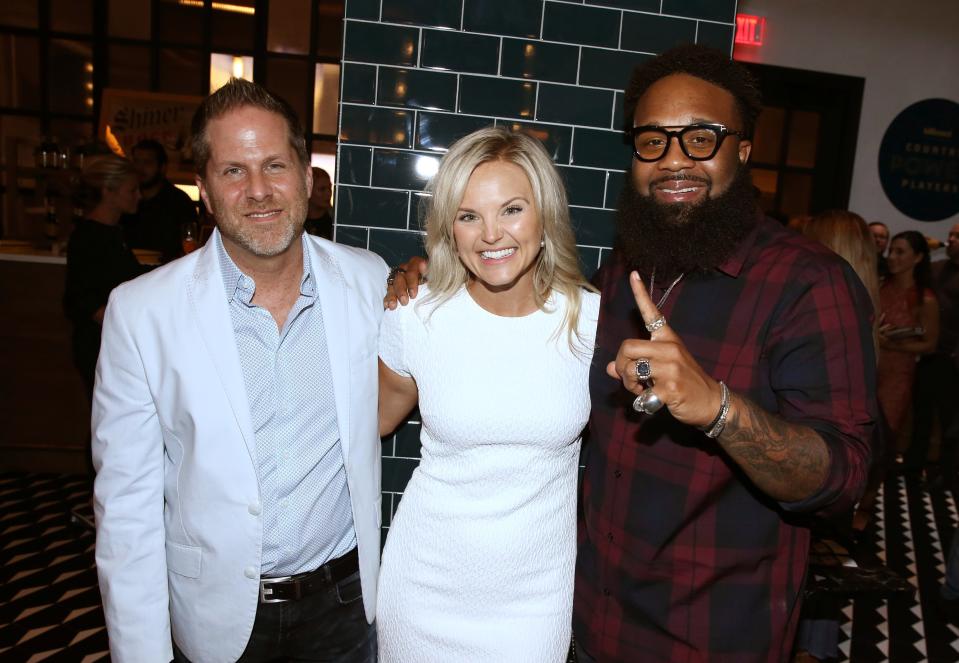
Within the two decades the Orange County, California, native and Vanderbilt graduate has lived in Nashville, she's achieved plenty.
Alongside sitting on the CMA, Country Radio Broadcasters and St. Jude's boards of directors, she's also interned at ASCAP and Arista Records. Plus, for seven years, the magna cum laude graduate of Vanderbilt University and Samford University’s Cumberland School of Law was a senior counsel at the Nashville office of nationally renowned law firm Loeb and Loeb, LLC, focusing on music, entertainment, copyright and right of publicity matters.
As head of artist and label partnerships in Spotify's Nashville office over the past five years, she evolved that company's country music digital streaming platform footprint into one of the tent-post properties. Spotify's Hot Country playlist is a taste-making highlight of country's pop crossover, while the company's four-day CMA Fest takeover of Lower Broadway's Ole Red bar has become an important addendum to the event's overall presentation.

Belmont's space as a Nashville (and overall music) industry incubator is significant. The university's groundbreaking music business program turns 50 and Mike Curb school turns 20
Many of the school's modern-era alumni are potential Country Music Hall of Famers.
Brandy Clark, Russell Dickerson, Tyler Hubbard, Brian Kelley, Brad Paisley, Pam Tillis, Josh Turner, Lee Ann Womack and Trisha Yearwood have five dozen No. 1 Billboard Country Airplay chart No. 1 hits between them.
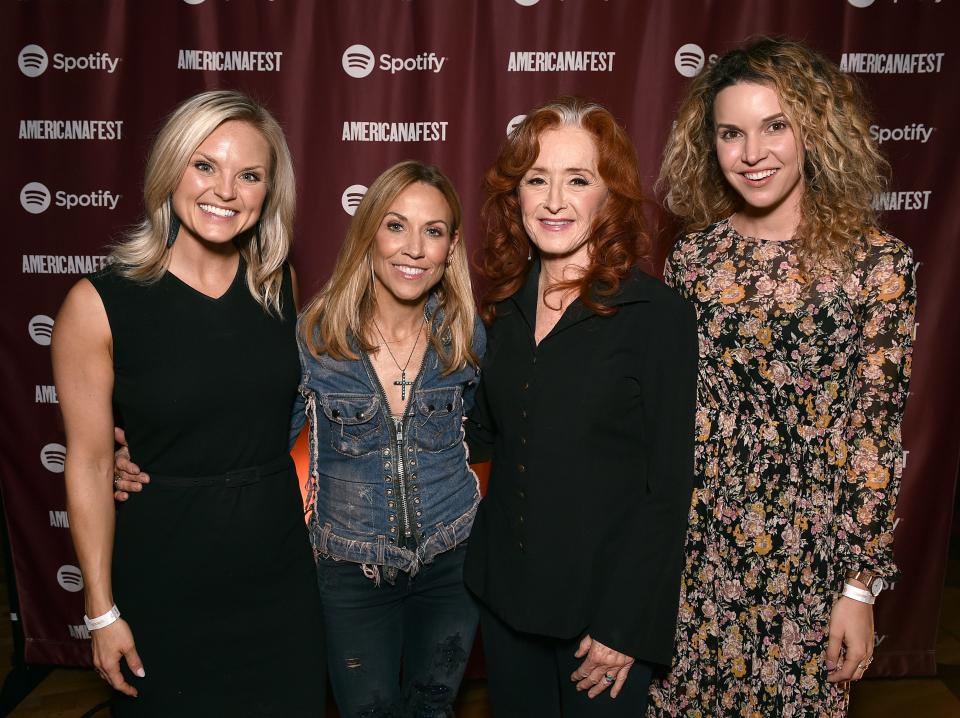
As a songwriter alone, Ashley Gorley has penned 60 No. 1 hits.
Producer and session musician, Dann Huff won the CMA's Musician of the Year award in 2001, 2004, and 2016, plus the ACM's Producer of the Year award in 2006 and 2009. He was on top of Billboard's Hot 100 Country Producers chart for large segments of 2018-20.
Sony Music Publishing Nashville CEO Rusty Gaston, Universal Music Group Nashville president Cindy Mabe and Warner Chappell Music Nashville president and CEO Ben Vaughn all count themselves as Belmont alums.

"We're developing incredibly talented students into instruments of change influencing and inspiring culture," Schaffer tells The Tennessean while seated in a theater at Belmont's R. Milton and Denice Johnson Center.
"I'm humbled by the opportunity to form impressionable young adults at pivotal moments in their lives into great innovators who are fully-realized people with great life and professional skills, plus gifted contributors to the music industry. The future of this business is in their hands."
Question: Why Belmont, why now? You've had an incredible run with labels, publishing, DSPs and legal interests now in your rearview mirror. Now you're moving into academia. What are your ideal intentions in this position?
Brittany Schaffer: "I'm taking my dream job that I never knew existed. My passion for helping people navigate the music business is my professional purpose. Also, staying in Nashville -- [as opposed to] moving to Los Angeles or New York -- represents celebrating what is special about this city's creative community. Helping Belmont's Curb School build that community within the larger, national and global entertainment space by incubating the great instrumentalists and narrative-based Christian, country and gospel music storytellers creating soulful, authentic art is a powerful goal that I believe I can achieve."
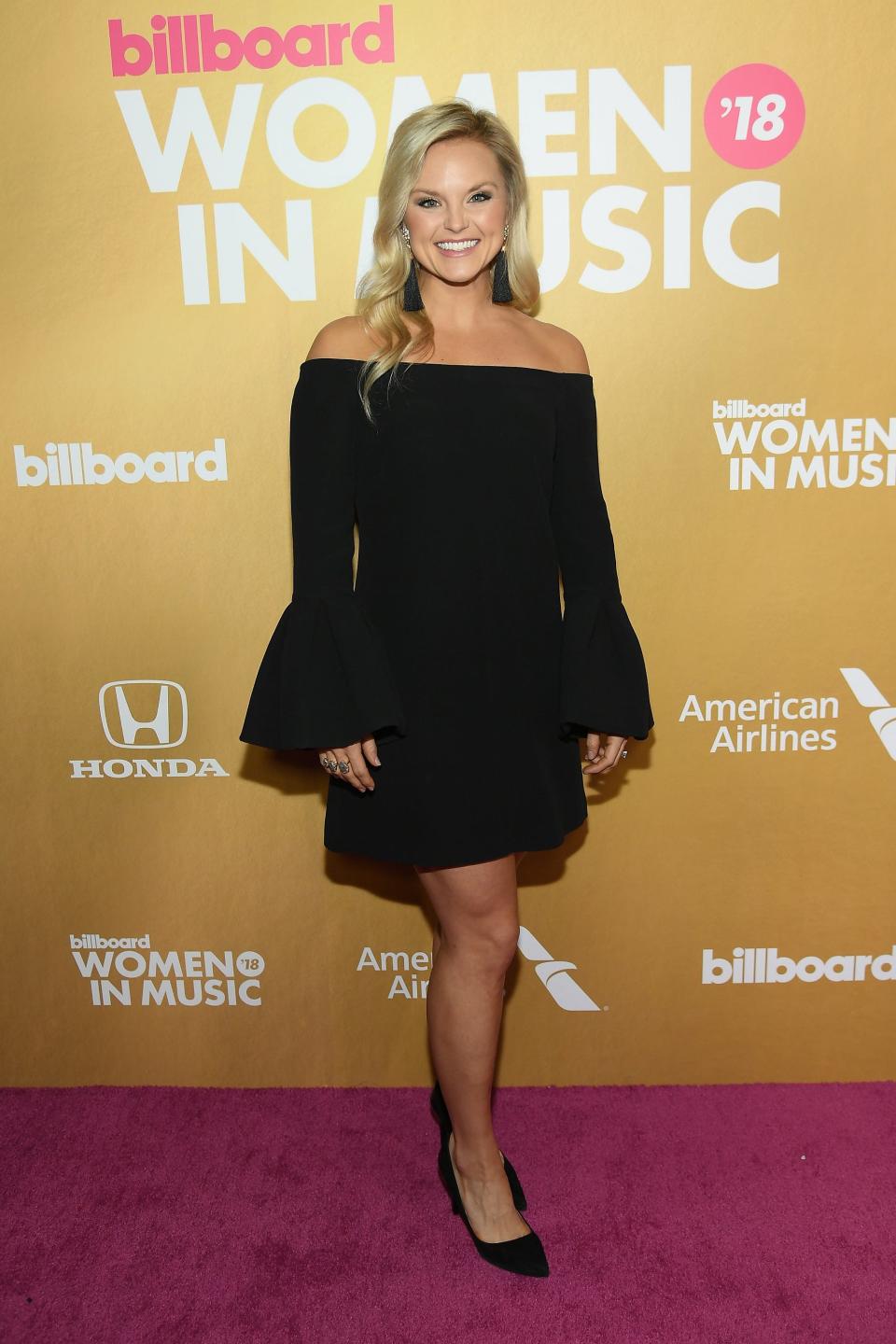
Question: How do you intend to capitalize on Nashville and country music's surge to the forefront of popular music and how that intersects with how community is created amongst the nearly 3,000-person student body in the Curb school's program?
Schaffer: "You can't make old friends. That's important. Shaping culture to make the world a better place requires developing a community of like-minded but still, sometimes socially-different people learning the economic and human value of rallying behind fellow artists and incredible moments. At Belmont, in Nashville, specifically, we have the responsibility of teaching future artists, songwriters, journalists, record company executives, publishers, radio executives, streaming DSP (digital streaming platform) executives, publicists and business managers and trade organization representatives how to come together -- from their freshman year at Belmont onward -- and have meaningful conversations that facilitate the growth of a stronger music industry and broader entertainment ecosystem overall."
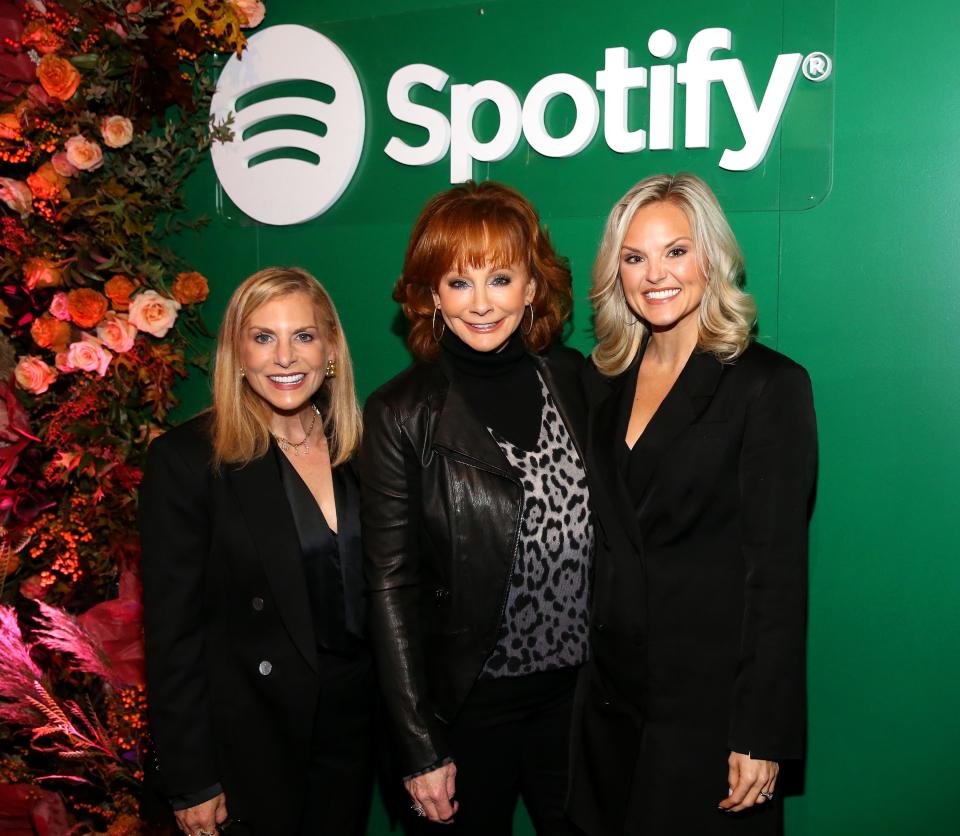
Question: Insofar as how the consumption of music-as-content has also grown popular in recent years, how do you intend to modernize Belmont's offerings to reflect that evolution while also retaining some measure of the school's already strong academic standing?
Schaffer: "All Belmont students who will succeed in the modern and future music industry will have a base in rigorous academics combined with strong fundamental knowledge of the arts of storytelling and brand development, creating sustainable business models and understanding how these skills have practical, real-world applications. Already, programs like our Showcase series where students produce arena-sized shows, [five-year-old] Bonnaroo U 'May-mester' class allowing our students to understand the influence of consumer and industry-professional research on [creative infrastructure sustainability]. As well our Music Business honors program, plus Audio Engineering Technology, Media Studies and Motion Pictures programs regularly partner for documentary films, too.
Via our programming, we must also create fundamental connections that lie at the intersection of our students' creativity and how they consume media. These are young people who grew up in an interconnected world that hasn't existed without streaming -- and are now surging into greater awareness of TikTok as their preferred social media, or virtual realities, plus gaming on Fortnite and Roblox. Showing them how to create access to their art in the spaces they occupy and for audiences they desire is a daunting challenge that invigorates my job. "
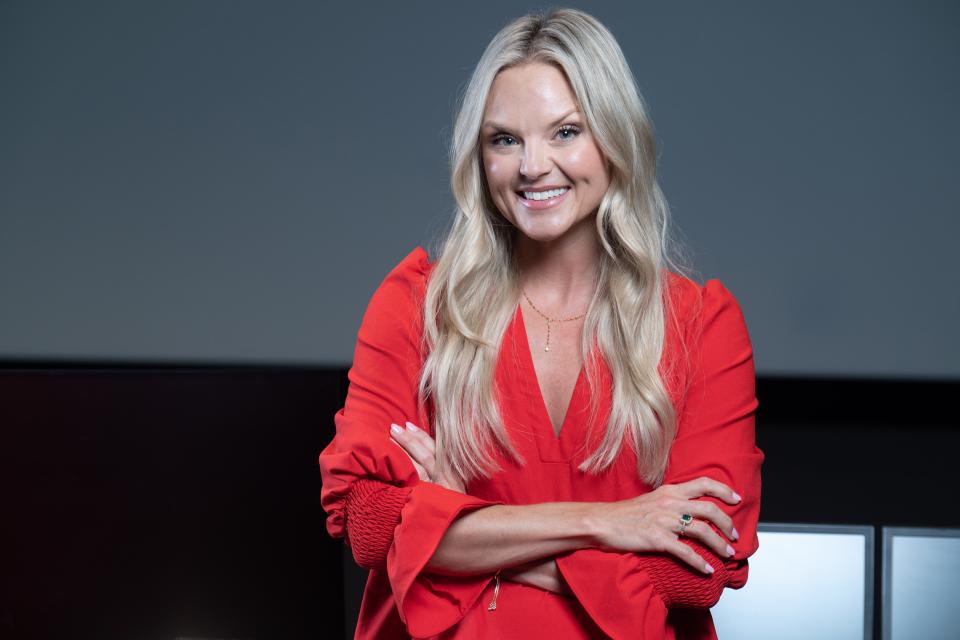
Question: There are so many people in Nashville's music industry that claim Belmont matriculation in their roots. How will that aid in the development and implementation of concepts you plan to bring to the table?
Schaffer: "Our university president, Greg Jones, calls this Belmont's fourth generation 'Belmont 4.0.' Expanding the amazing industry partnerships that birthed the music business school three generations, or 50 years ago requires us to lean into the fact that it seems like every third person you speak to in Music City is a Belmont graduate. That's a blessing to our work that deserves better engagement."
Question: As far as attracting students, Nashville and country music's likely pop crossover is certain to attach a certain level of 'cool' to the Curb School and its programming. How do you plan to nurture what that becomes if that were to happen and, in your mind, how can pop cultural relevance be seen as an asset by Belmont?
Schaffer: "Belmont-educated students continuing to land incredible music industry jobs will set a clear tone toward maintaining the 'cool' that we've achieved. Also, elevating the caliber of students and the success they achieve via a [five-decade-old] pipeline of success will involve [unprecedented innovation] in our on-campus classroom presentation with more insightful offerings that create excitement in our [existing and prospective] student body."
This article originally appeared on Nashville Tennessean: Q&A: Brittany Schaffer, dean of Belmont's Curb College of Entertainment & Music Business

 money
money 